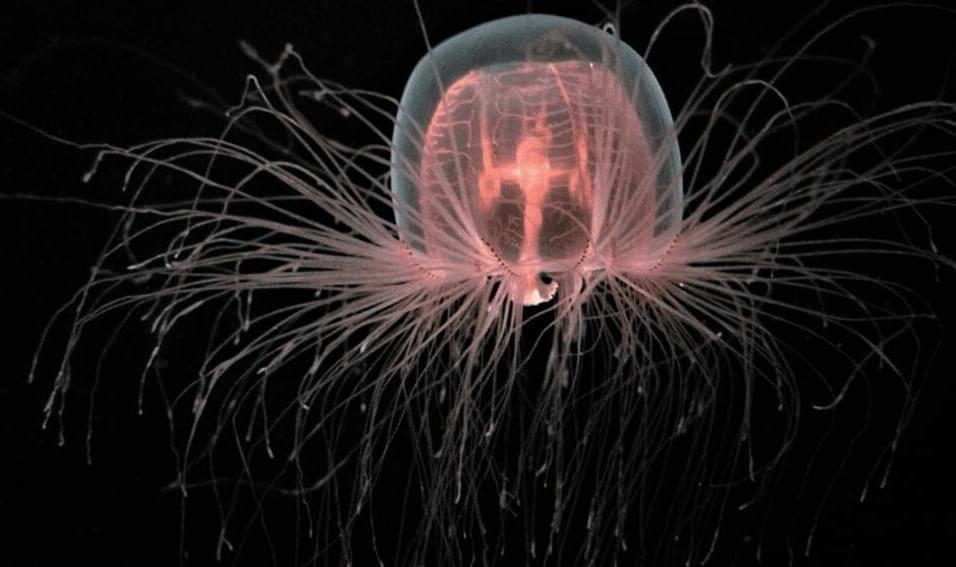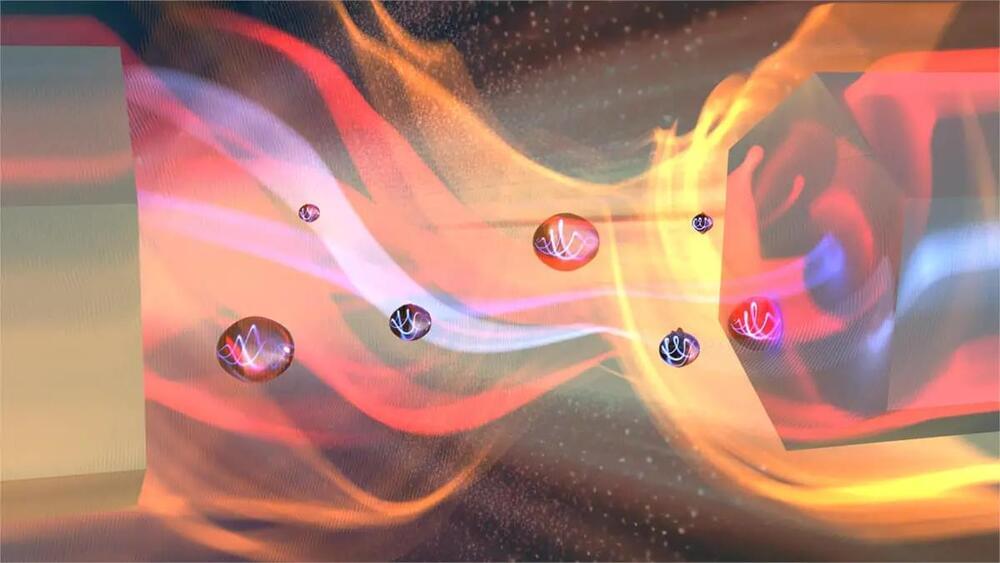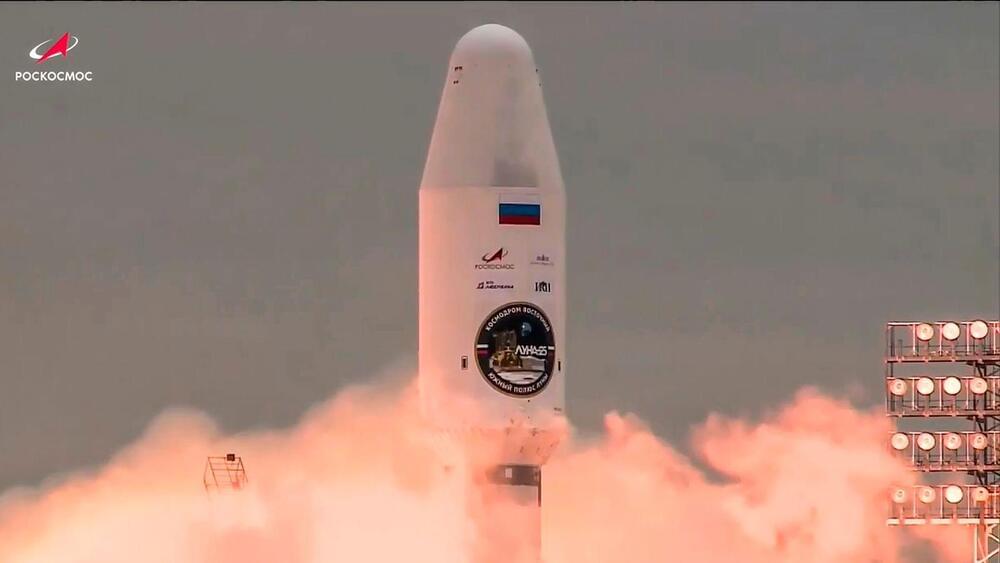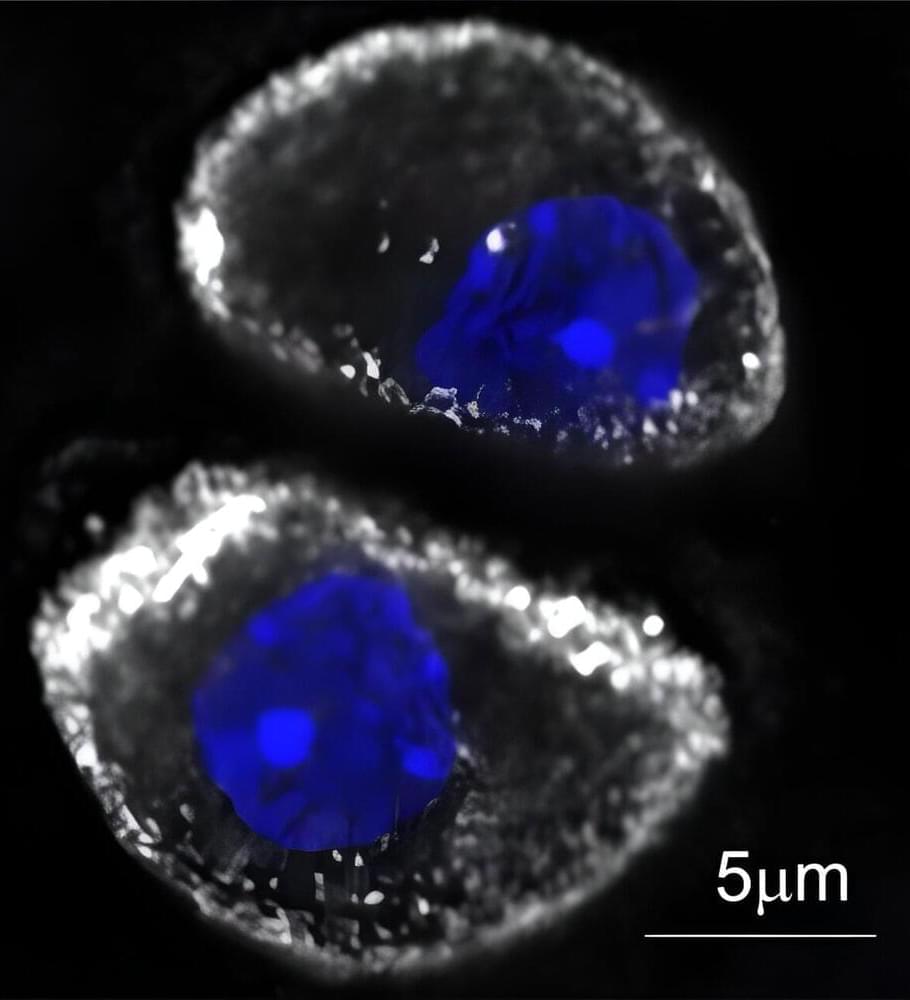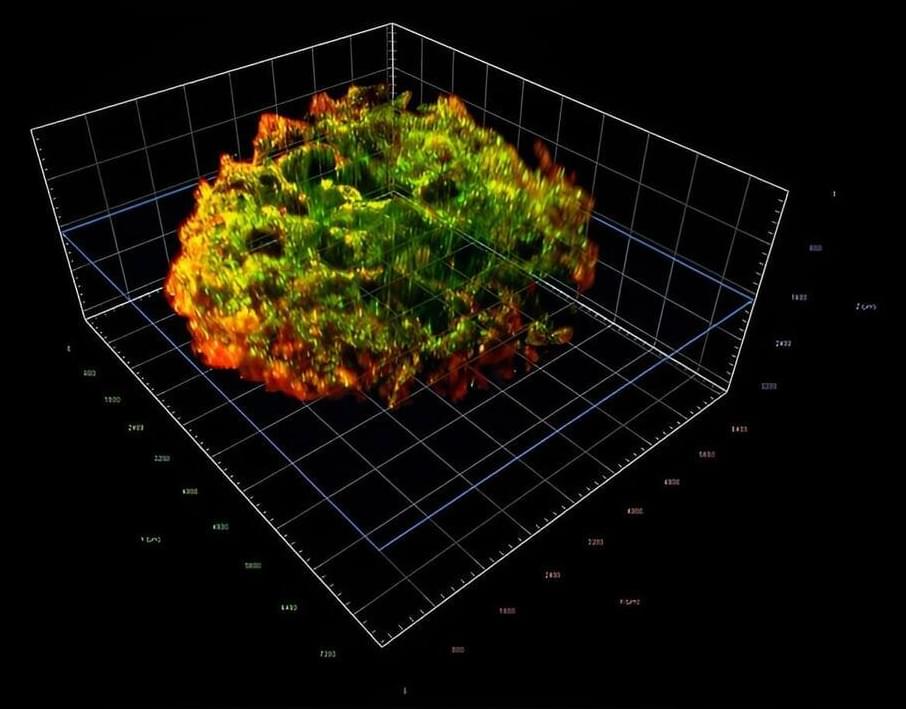The Greenland shark is the poster child for animals with extreme longevity – and with good reason. As the longest-living vertebrates on Earth, they develop incredibly slowly in their frosty Arctic home, but when it comes to the longest-living animals on Earth, they’re not all that.
The ocean quahog is a pretty unremarkable-looking clam, reaching around 5 centimeters (2 inches) in size, and yet it can take them over 200 years to get there. The oldest on record was 507 years old, topping the Greenland shark, and yet it still only makes it the oldest known non-colonial animal.
“Animals living longer than 500 years?!” I hear you cry? Yes siree Bob. Let’s take a look at some of Earth’s oldest animals.
